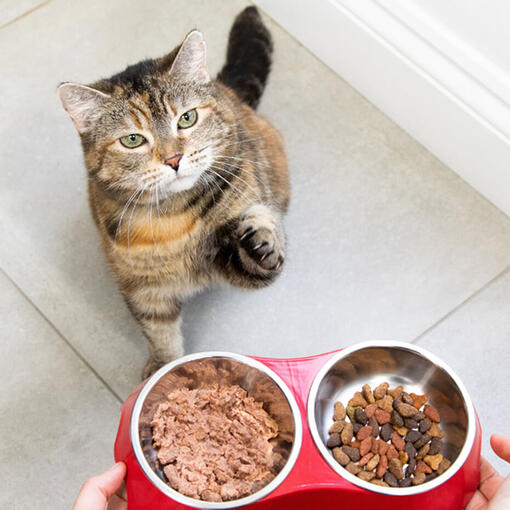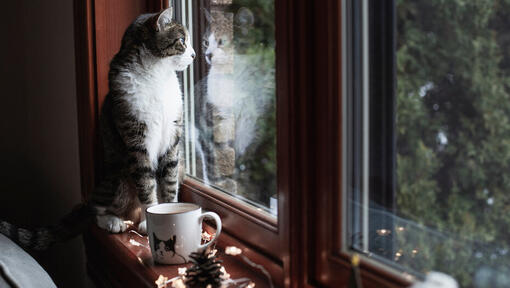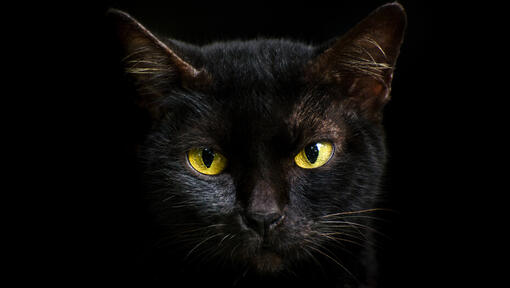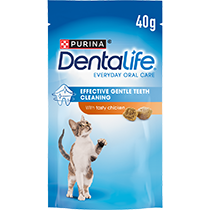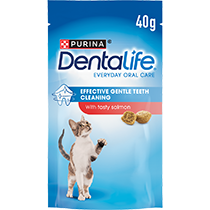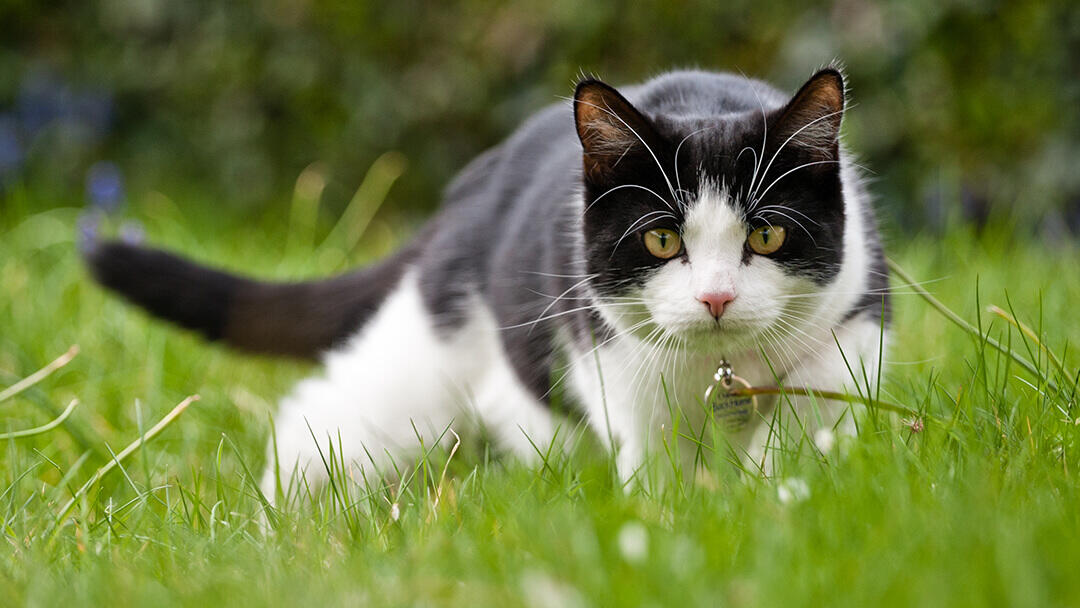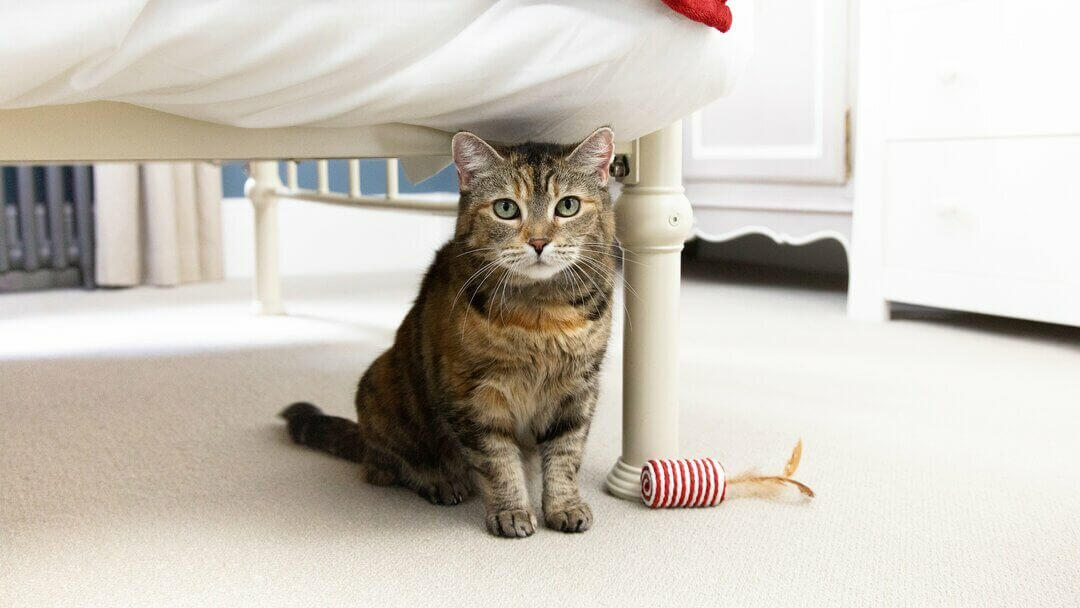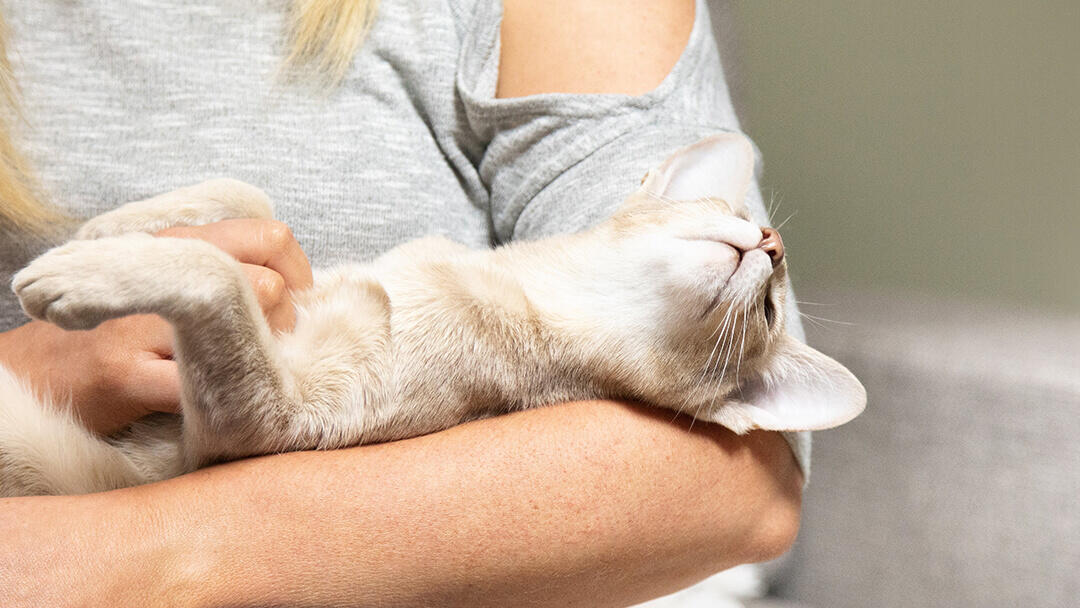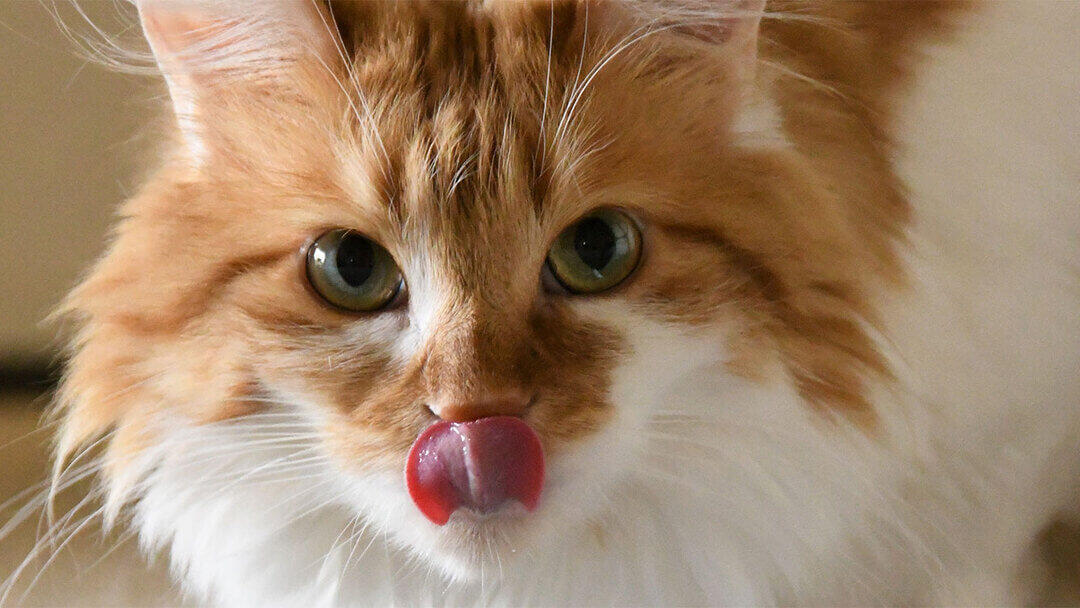Why Does My Cat Meow at Night? 6 Reasons & Ways to Prevent it

Hearing a cat meowing at night is not uncommon – but if you're a cat owner and it’s your cat that is meowing at night, this might be something that you are concerned about – or that your neighbours are concerned about!
Also known as night vocalisation or night calling, if your cat is meowing at night, it can be a problem if it is a sign of their boredom, discomfort or it’s disturbing your rest. Read on to find out more about the reasons that your cat may be being particularly vocal at night.
It’s widely known that cats are night owls – or at least they are especially active in the early parts of the night – and then again in the early hours. Often it seems that the moment we switch off the light to relax and sleep, their night is just beginning. And when they’re getting up to their night time antics, they may also meow a lot too. This can be extremely disruptive – to you, and if they are doing it outside, to your neighbours too – and it can get in the way of you getting your much-needed rest.
If your feline friend does this and you’re wondering why does my cat meow at night and what can I do about it? We’ve got the answers to your questions! Here at Purina, we’ve put together this guide to tell you all you need to know.
Why do cats meow at night?
All kinds of reasons – you might as well ask, why do people talk! Your cat might meow at night because that is part of their personality, or they feel bored, unstimulated, lonely or just have a lot of energy that bursts out in vocal as well as physical ways.
They may of course be in pain or suffering from a clinical condition so if this is a new behaviour, consult your vet.
6 Common reasons for why your cat is meowing at night and what to do about it
If you have a cat yowling at night, it’s only natural that you’ll be wondering why they do it.
There are six common reasons why your kitty may be doing this, including:
1. Cats are naturally more active at night
Your cat’s vocalising at night may have much to do with the fact that they are naturally more active at certain hours of the night. Although it’s popularly thought that cats are nocturnal, this is not strictly true. However, they are crepuscular – meaning that they are naturally most active at dusk and dawn. Although many cats do adapt to the routine of their owners, this crepuscular tendency means that your cat may be especially active in the early hours of the morning, when the rest of the house is asleep.
Younger cats have an increased tendency to be active at night, as their instincts tell them that this is a great time to hunt. As they mature, though, it is likely that their rhythm will adapt to that of the rest of the household, which may hopefully mean less cat meowing at night.
2. Your cat may be bored or unstimulated
Cat crying at night may be simply because they’re bored – or because they haven’t had enough enrichment during the day to fulfil their physical and mental needs. Many cats lead boring sedentary lives at home and this boredom and frustration can often come out as increased vocalisations – as well as other behaviour problems.
Making sure you give your cat plenty of appropriate enrichment throughout the day – in the form of games, play and environment will help keep them happy and fulfilled – and a game before bed can help reduce energy levels and prevent a noisy night..
If you have an indoor cat without access to outdoor space, you’ll need to make even more time for play and enhanced enrichment throughout the day, otherwise they may find themselves a touch hard done by when you go off to bed, leading to your cat yowling at night. Find out more about mental stimulation for your indoor cat with our handy guide.
3. A symptom of ageing if your cat is a senior
Ageing can affect all of us, and cats are no different. As they age, it is possible that the effects of ageing on the brain can leave your cat disoriented. CDS (Cognitive Disfunction Syndrome) is directly related to the effect of ageing on a cat’s brain, and can have a variety of symptoms, of which meowing at night is one.
4. Outdoor cats may feel confined
If your cat is an outdoor cat during the day, and you keep them indoors at night, there is a good chance that your cat’s crying because this is the time they feel most active and they are feeling confined. If it is safe, consider installing a cat flap and letting them go out at night so that they are free to expend their energy outside or is you are worried about them wandering too far, consider building a catio if you have the space.
5. Overactive thyroid or kidney disease
If your cat is meowing at night on a frequent basis and this is a new behaviour, it’s a good idea to consult with a vet to check up on their health. This is because excessive vocalisation, including at night, can be a sign of overactive thyroid or kidney disease in cats.
6. Cat yowling at night could be the sound of mating
As many of us know through experience, extremely loud screeching and cats’ yowling at night can be the sound of mating. While this is a natural process, you should ensure that that you get your cat neutered as soon as they are sexually mature (around 4 months old) – both male and females – as it significantly reduces the amount of unwanted kittens. Not to mention, it’ll also stop the loud yowling sound!
Your cat might be howling at night for all sorts of different reasons, from pure boredom to old age and even illnesses such as thyroid issues. Whatever the trigger for your cat’s nocturnal yowls, you shouldn’t ignore the meowing.
Your cat is trying to tell you something, but it’s not always easy for owners to figure out what it is.
How to prevent cat meowing at night – 6 suggestions to try
Resign yourself to the fact that some individuals and some breeds are vocal – in the same way some people are! However there are things you can try to reduce your cat’s shouting!
As always, the first port of call should be the vet’s office, to make sure that there is nothing physically wrong with your cat – especially if this is a new behaviour.
If you’re sure nothing is physically wrong with your cat, the next step is to come up with solutions to reduce their meowing at night. See our list of suggestions below.
1. Look at ways to provide your cat with enrichment opportunities.
Cats need to be able to climb, jump, play mock hunting games, have ‘supervision opportunities’, sharpen claws, hide… all the things that make a cat a cat. Look at ways you can introduce more enrichment around the house – this could be with climbing trees, chase games, different ways of feeding… the list is endless.
2. Play with them before bed
While you need to play with your cat throughout the day (cats will not play with toys that don’t move – so your involvement here is crucial plus it's a great bonding opportunity) if your cat or kitten has a lot of evening energy, they’re less likely to relax at night. Giving them a chance to blow off some steam with physically and mentally enriching games is a great way to ensure you both get a good night’s sleep.
3. Leave out food and water
Your cat might be meowing at night because they’re hungry or thirsty. Before you go to bed, it’s a good idea to leave out some dry cat food and water in the bowls so they can snack and drink as they please.
4. Clean their litterbox
Cats are known for their need for cleanliness – especially with their litterboxes. If their litterbox is dirty and doesn’t smell clean, they’re very unlikely to use it and will, therefore, protest and demand to go out.
5. Give them affection
Cats need social contact. Some want stroking and cuddling – others just want to be close to you and aren’t so into physical contact but still need your company. Your cat might be wanting some attention and affection! Interacting with them in the way they enjoy before bed is the perfect way to ensure they’re getting the love and social contact that they need for enrichment and to help them to sleep peacefully.
6. Check if anything is waking or disturbing your cat
A light or something outside could be keeping your cat up and causing them to meow – they are light sleepers, after all! Finding ways to prevent this distraction, like turning automatic lights off, could be a great way to prevent disturbing their sleep.
It can be tricky to know what our pets need from us. Take a look at our cat body language article for information on how to tell how your cat is feeling through their body language.
Find out how old your feline companion is in human years using the age calculator below:
My cat is
under
1
years old
year old


